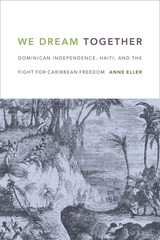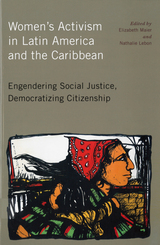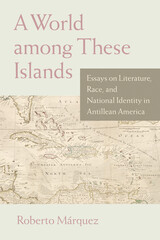7 start with W start with W




In these lyrical and powerful essays, Thomas Glave draws on his experiences as a politically committed, gay Jamaican American to deliver a condemnation of the prejudices, hatreds, and inhumanities that persist in the United States and elsewhere. Exposing the hypocrisies of liberal multiculturalism, Glave offers instead a politics of heterogeneity in which difference informs the theory and practice of democracy. At the same time, he experiments with language to provide a model of creative writing as a tool for social change. From the death of black gay poet Essex Hemphill to the revelations of abuse at Abu Ghraib, Glave puts forth an ethical understanding of human rights to make vital connections across nations, races, genders, and sexualities.
Thomas Glave is assistant professor of English at SUNY Binghamton. He is author of Whose Song? and Other Stories.


Written by a top scholar on social security in Latin America and the Caribbean, this book assesses the effects of the world economic crisis on social security and welfare in the region. Drawing on the impact of and lessons from previous crises, Carmelo Mesa-Lago identifies the strengths and weakness of Latin American social security before the current global crisis. He evaluates the event's actual and potential effects on pensions, health care, and social assistance programs, based on a taxonomy of three groups of countries.
The book ends with a summary of policies adopted by some countries and the author's own recommendations on social policies to lessen the adverse outcomes of the financial crisis. Latin America's pioneering social-welfare reforms make this book important for other regions of the world, both developed and developing.

READERS
Browse our collection.
PUBLISHERS
See BiblioVault's publisher services.
STUDENT SERVICES
Files for college accessibility offices.
UChicago Accessibility Resources
home | accessibility | search | about | contact us
BiblioVault ® 2001 - 2024
The University of Chicago Press









